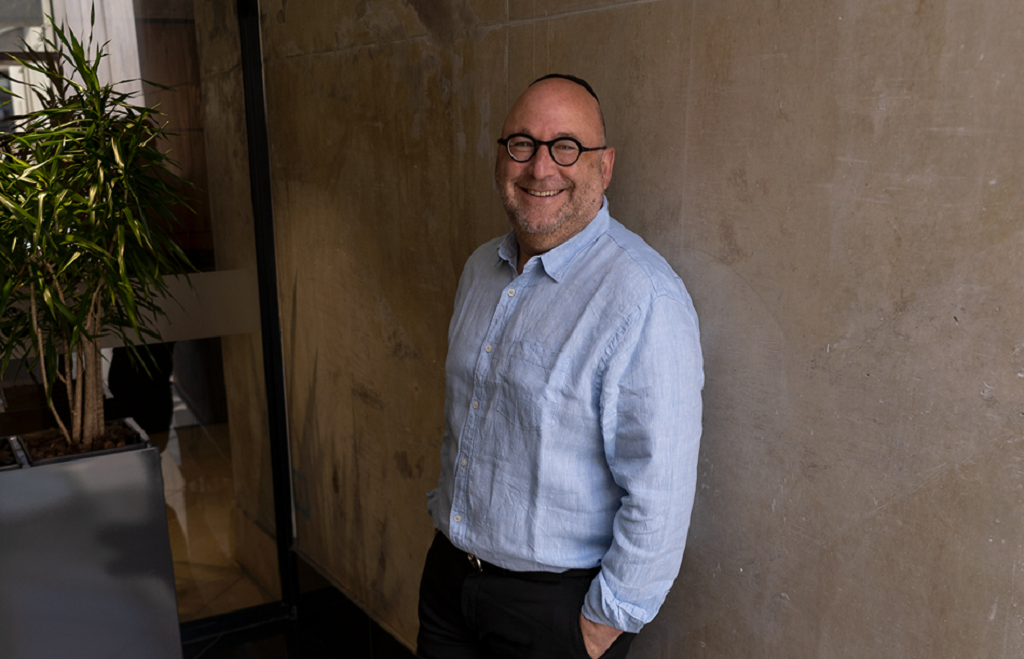By Howard Feldman
We have good days, and we have dark days. This week was a dark day. With Eskom threatening to move the country to Stage 6 loadshedding at the time of writing, it is little wonder that the mood is low and that there is a negativity in the air. Perhaps more so because, according to the Business Insider, for each stage of loadshedding a million kettles are turned off. In essence, Stage 6 means that 6 million kettles will stand idle. The impact is significant as it is hard to imagine anyone being happy without tea or coffee.
At risk of being labeled as someone suffering from toxic positivity, I would like to introduce the “but” and “and” concept. It is not to give Eskom or government a free pass and it is not to minimise the disgrace of their creation, but rather to offer a different way to think about — and perhaps survive – some of what we are dealing with.
So, here’s my idea. Let’s say you decide to go to Cape Town on holiday. You book the trip, you take leave, you lose two of those stubborn 20 kilos, buy a new Speedo and off you go. When you get there, instead of the anticipated frolic on Clifton Beach with the sun shining, it rains. And it rains and it rains and rains. The speedo remains packed at the bottom of the suitcase, the 2 kg (out of the 20 kg) remain hidden under layers of clothes and you – not unreasonably – feel very sorry for yourself.
And s0, you write a message to a friend.
“In Cape Town. But it’s raining.”
In the message, we can see that the rain has clearly stymied the holiday. There are no alternatives and there is nothing to do. The holiday has failed. Time and money have been wasted. There is no option but to feel miserable.
Alternatively, you could write, “In Cape Town. And it’s raining.”
In this case the rain is simply a factor and part of the reality of what you have found when visiting. The “and” means that there are options, perhaps a walk under an umbrella along the Sea Point promenade to watch the powerful and majestic waves, a walk to a waterfall that is now magnificent in its grandeur or a movie with popcorn and an oversized watered-down Coke that you haven’t indulged in for ages. Because you needed to lose those 2 kg. The “and” means an acceptance of the reality that you could not change.
South Africa has massive potential. And it has load shedding. As consumers who live our life, work hard, and try and educate and raise our children, we did little to contribute to the power crises. We did not choose the situation that we are in. Much like we didn’t choose it to rain on our holiday.
Without tea, it is hard to focus on the positive. It is not easy to see what we have when its dark and it is nearly impossible to keep others around us buoyed when we feel like we could be drowning ourselves. But we also have a duty to do so.
There is little that seems to impact the morale of the country quite like loadshedding does. The impact on business and on our daily functioning is profound: so much so that it is hard to think of anything else whilst the power is off.
The good thing about loadshedding is that we don’t get “shed” at the same time. That means when our kettle is off, there is someone’s that is not. Someone who can make us a warm drink when we need it most. And when theirs go off, we can return the favour.
We need to remember that we live in South Africa.
And there is loadshedding.




